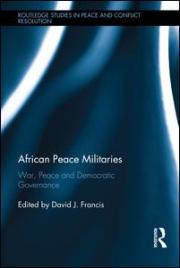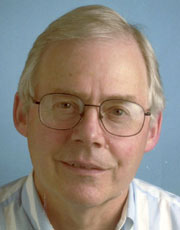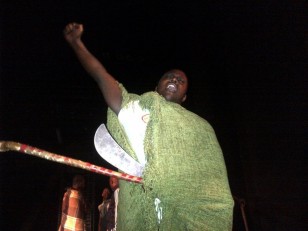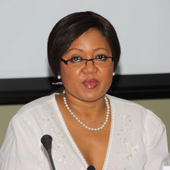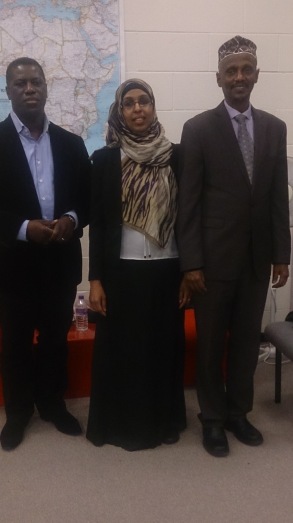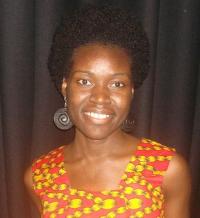Venue: Pemberton Room 2.11
Date: Wed 29th November 2017
Time: 4:00pm – 6:00pm
Speaker: Prof Nic Cheeseman, University of Birmingham
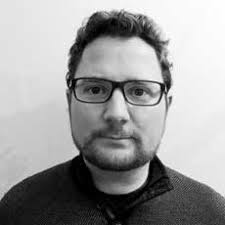
About Prof Nic Cheeseman: Nic Cheeseman is Professor of Democracy and International Development at the University of Birmingham. In addition to numerous book chapters, he is the author of Democracy in Africa: Successes, failures and the struggle for political reform (CUP, 2015) and over twenty journal articles including “Rethinking the ‘presidentialism debate’: Conceptualizing coalitional politics in cross-regional perspective” (Democratization, 2014), which won the inaugural GIGA prize for the best article published in Comparative Area Studies.
Professor Cheeseman is also the editor of the collections Our Turn to Eat: Politics in Kenya Since 1950 (2010), The Handbook of African Politics (2013), and African Politics: Major Works (2016), and two special issues of the Journal of Eastern African Studies on the Kenyan elections of 2007 and 2013. As well as being the former editor of the journal African Affairs, the #1 ranked journal in Area Studies, Professor Cheeseman is the founding editor of the Oxford Encyclopaedia of African Politics, the Oxford Dictionary of African Politics, and the co-editor of the Handbook of Kenyan Politics (forthcoming). These days, he spends much of his time writing about contemporary events in Africa in a bi-weekly column for Kenya’s Daily Nation newspaper. Professor Cheeseman also regularly provides analysis to the UK and US governments, and is an advisor to, and writer for, Kofi Annan’s African Progress Panel.
P.S: This is a rescheduled seminar from 25th October 2017
